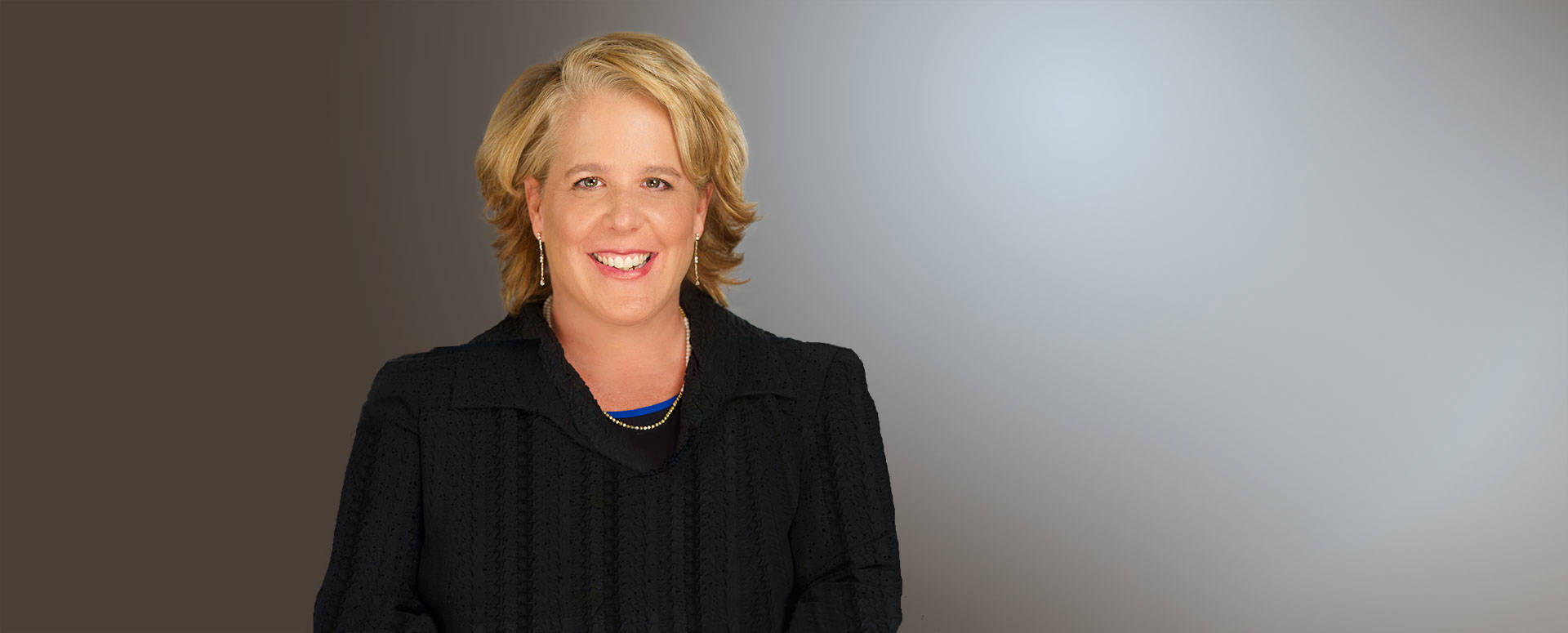
Roberta A. Kaplan
Attorney to Mary Trump & Lead Attorney, Supreme Court DOMA Gay Rights Case
Roberta A. Kaplan
Attorney to Mary Trump & Lead Attorney, Supreme Court DOMA Gay Rights Case
Biography
Roberta (Robbie) Kaplan, a partner in the Litigation Department of Paul, Weiss LLP, has been described as a “powerhouse corporate litigator” and “pressure junkie” who “thrives on looking at the big picture” whether “in the gay-marriage legal fight or high-profile corporate scandals.” Kaplan has been selected as one of the 100 Most Influential Lawyers, one of the top “40 Under 40” lawyers in the United States as well as a Litigator of the Year by The American Lawyer and Lawyer of the Year by Above the Law. She was also chosen by Out Magazine as part of their 2014 list of "The Power 50."
Kaplan successfully argued the case of her client Edie Windsor before the United States Supreme Court. In its landmark decision in United States v. Windsor, the Supreme Court ruled that a key provision of the Defense of Marriage Act (DOMA) violated equal protection principles of the United States Constitution because the status of being a married gay person is "a far-reaching legal acknowledgment of the intimate relationship between two people, a relationship deemed … worthy of dignity in the community equal with all other marriages.”
The consequences of the Windsor decision have been both rapid and profound. When the Windsor case was filed in 2010, only 5 states permitted gay couples to marry. Today, 19 states do and more are surely on the way since nearly every day, there is yet another federal or state court decision (24 in total) from judges explicitly relying on Windsor to extend equal rights to gay people. So far, there’s not a single post-Windsor case that goes the other way.
Kaplan's representation of Edie Windsor was chronicled by Ariel Levy in her piece in the September 30, 2013 issue of the The New Yorker entitled "A Perfect Wife." Kaplan is also featured in a recent video documentary by MAKERS and has a character named after her in Terrence McNally's most recent, Tony-nominated Broadway play, "Mothers and Sons."
Since launching her own firm four years ago, Kaplan has initiated a constellation of cases against powerful, often intimidating forces: white supremacists, major Hollywood players, the president of the United States. Legal writer Dahlia Lithwick calls her “an attorney general for the resistance.”
In the wake of Harvey Weinstein’s sexual misconduct revelations, Kaplan co-founded the Time’s Up Legal Defense Fund, which offers financial assistance for plaintiffs filing harassment cases, and she now serves as chair of the Time’s Up organization.
Kaplan is celebrated for her candor. She's active in LGBTQ causes, recently serving as the board chair of the Gay Men's Health Crisis. She rhapsodizes about her "big gay Jewish wedding" in 2005 to Rachel Lavine, a liberal activist who serves on New York's Democratic committee.
Speech Topics
Gay Rights 1 of 1
Roberta A. Kaplan is the lawyer who argued—and won—the Supreme Court case that produced one of the most important civil rights decisions of our time. Kaplan’s victory on behalf of her client (and friend) Edith Windsor in Windsor v. United States is a turning point in the history of the right to marry for gay couples, gay civil rights and American life. In this speech, Kaplan discusses why the 2013 decision striking down the Defense of Marriage Act (DOMA) is a watershed moment for human rights. She also touches upon the changing social, political, legal, and economic context in which gay people have lived in the last half century.
The Gay Rights Revolution
In this talk, charismatic Roberta A. Kaplan recounts the high-stakes trial Windsor v. United States and asks what are the parallels between this case and other historic civil rights cases? Which groups—corporate, community, religious—were instrumental in the victory? What are the immediate and long-term ramifications throughout the country, on college campuses and in corporate America? What’s next? Kaplan answers these vital questions, but, at core, her talk—delivered with gravitas, humor and deep compassion—is about two people: Edith Windsor and her late wife, Thea Spyer. This is a powerful talk that will inspire faith in the legal system, and, more importantly, in our collective ability to enact important social change.

)
)
)
)